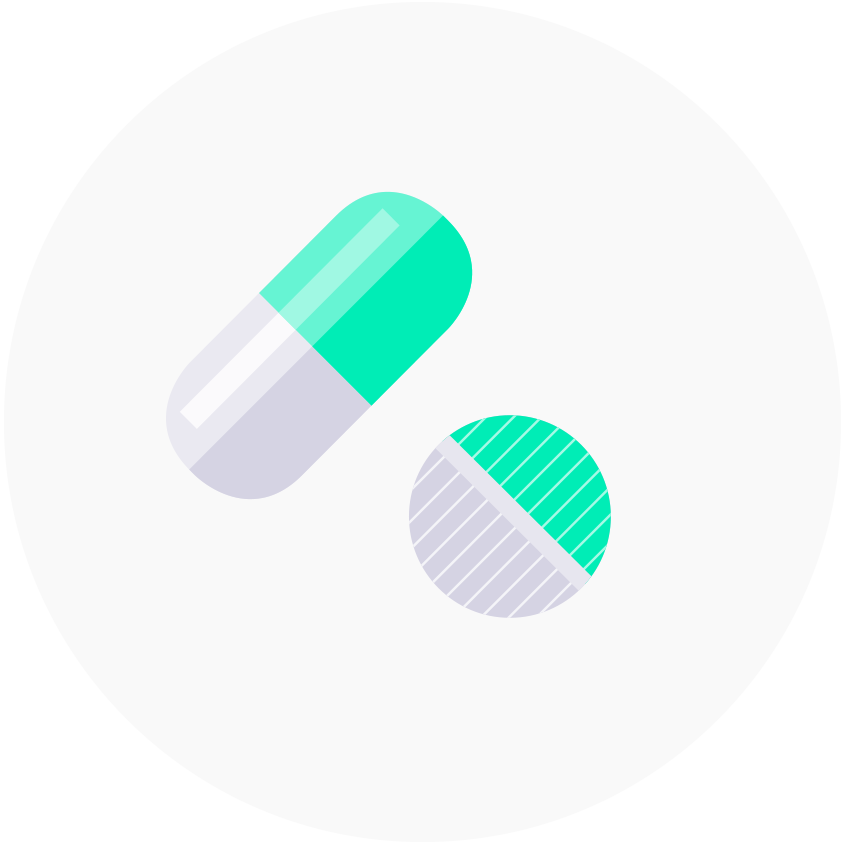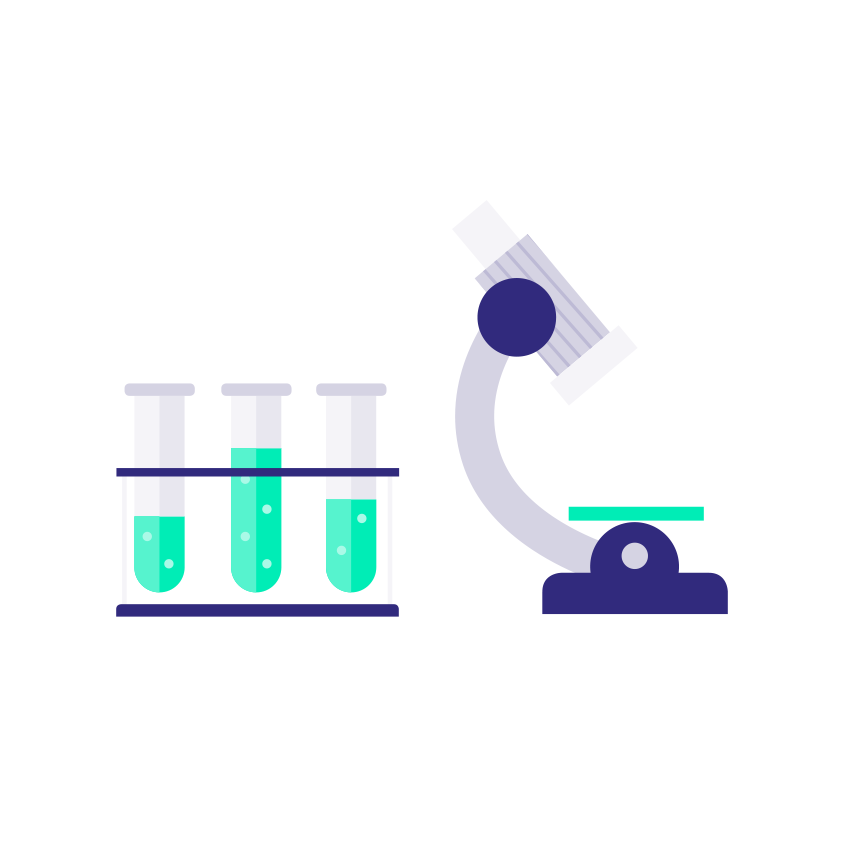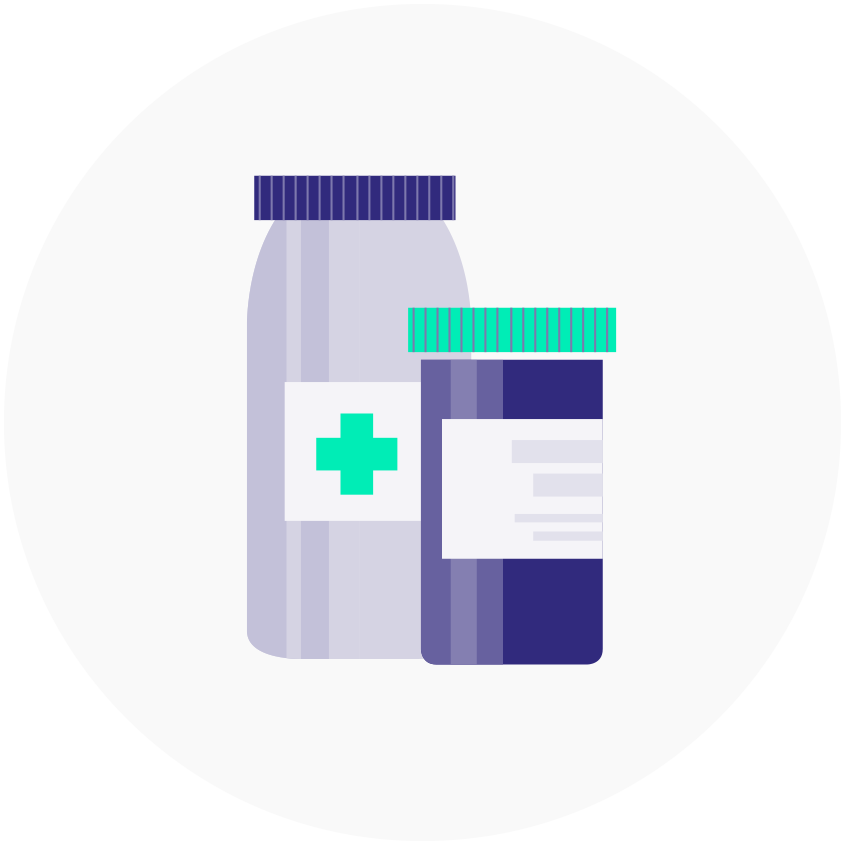Since Reverse Rett was founded in 2010, we’ve delivered over £7 million to international Rett Syndrome and MECP2 Duplication Syndrome research through our longstanding partnership with the US based Rett Syndrome Research Trust (RSRT). RSRT are responsible for peer review and monitoring of Rett Syndrome and MECP2 Duplication projects. These projects primarily aim to transform the lives of children and adults with these disorders.
Since 2017, we’ve focused intensively on bringing clinical trials of new disease-modifying treatments, like gene therapies to the UK. We built the UK Rett syndrome patient registry, the Rett Registry UK so that we’d be able to recruit for clinical trials (a strong selling point for pharma). We seed-funded the Centre where the very first UK drug trial for Rett was launched that year.
Since 2019, we’ve funded the CIPP Rett Centre in London, to bridge a critical gap in clinical care for complex patients with Rett of all ages from all over the UK, whose treatment cannot be effectively managed at the local level.
We believe everyone with Rett syndrome in the UK deserves access to treatments that can improve their lives.
We’re working to make that happen as soon as possible.

The Rett Registry UK is the only national patient registry of people with Rett syndrome and related MECP2 disorders in the UK. The Registry is a vital part of the effort to bring treatment for Rett syndrome home.
We started the Rett Registry UK in 2014 and have built it into a comprehensive resource benefiting the whole community from families to clinicians, from industry partners to regulators.
The comprehensive suite of features for the parents and carers of people with Rett syndrome to reduce admin, link to useful resources, and connect up to the wider community.
In 2024, we’re working to identify and register as many UK patients with Rett syndrome as possible which will enable patients to access potentially life-changing emerging treatments when they become available.
Having accurate information about the number of patients in the UK with Rett syndrome will also help us advocate for treatments to be approved for funding through Health Technology Assessments.
Visit the Rett Registry UK here.

We provide 100% core funding for the CIPP Rett Centre based at SLAM/King’s College Hospital in London. The CIPP Rett Centre bridges a critical gap in clinical care for complex patients with Rett of all ages from all over the UK, whose treatment cannot be effectively managed at the local level.
To sign up for CIPP Rett monitoring or for more information about an acute referral to the CIPP Rett Centre, please email [email protected] or [email protected].
Find out more about the CIPP Rett Centre here.

We provide UK Clinical Trial Support Services to make it easier for patients, families and pharmaceutical companies to run trials.
There have now been four UK drug trials in people with Rett of all ages. Reverse Rett has provided CTSS to all the trials as well as supporting dissemination, engagement and reimbursement for industry surveys.

We provide multi-media programs of information and education around both emerging treatments and managing the symptoms of Rett syndrome in order to protect the health and longevity of individuals with Rett syndrome for as long as possible.
Find Bitesize emerging treatments and health information videos here.

RSRT continue to fund ongoing research focused on refining disease-modifying therapies so that they are less risky and more precise. We can only support these critical research projects with your help. Please tell us if you would like funds you raise to be ring-fenced for lab research.
We have a clear strategy to translate work from the laboratory to reach UK children and adults with Rett Syndrome. The graphic below shows how it all fits together, and how we’re dedicated to removing barriers that could prevent treatment reaching those who need it.